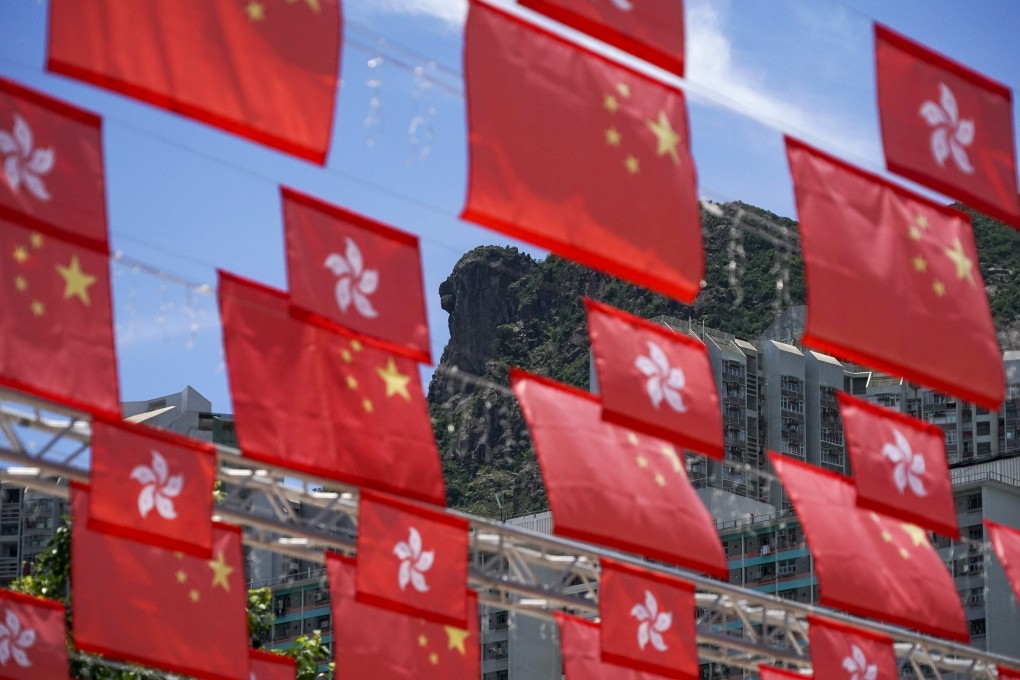Advertisement
Opinion | Xi Jinping’s speech should lay to rest worries about ‘one country, two systems’ in Hong Kong
- As Hong Kong marked the 25th anniversary of its return to China, questions were raised over the long-term viability of the framework
- In his speech, China’s president clearly signalled that the system will continue after 2047, which should reassure those concerned about the city’s prospects
Reading Time:3 minutes
Why you can trust SCMP
16

Have you ever noticed the flags flying at government buildings? If so, you may have observed that China’s flag is larger and hoisted higher than that of Hong Kong. That is the visual embodiment of “one country, two systems”.
When you think about it, the concept of having two completely different systems within a single country is quite bold and exceptional. To my knowledge, China is the only country that has implemented a model of this kind – not only once, but twice.
The Hong Kong and Macau special administrative regions (SARs) have different currencies, and different economic, political and legal systems, to that of the mainland, with common defence and diplomacy under the central government.
Advertisement
It is remarkable that not one, but three different currencies and legal systems coexist within one country, all working well alongside each other.
However, at the 25-year mark of Hong Kong SAR’s establishment, many of my friends in the business community and overseas were questioning the long-term viability of what has been the bedrock of Hong Kong’s stability.
Advertisement
How long will Hong Kong continue to enjoy its “high degree of autonomy” and one country, two systems? Negative overseas media coverage would have one believe that Hong Kong had already lost its autonomy.
Advertisement
Select Voice
Choose your listening speed
Get through articles 2x faster
1.25x
250 WPM
Slow
Average
Fast
1.25x
